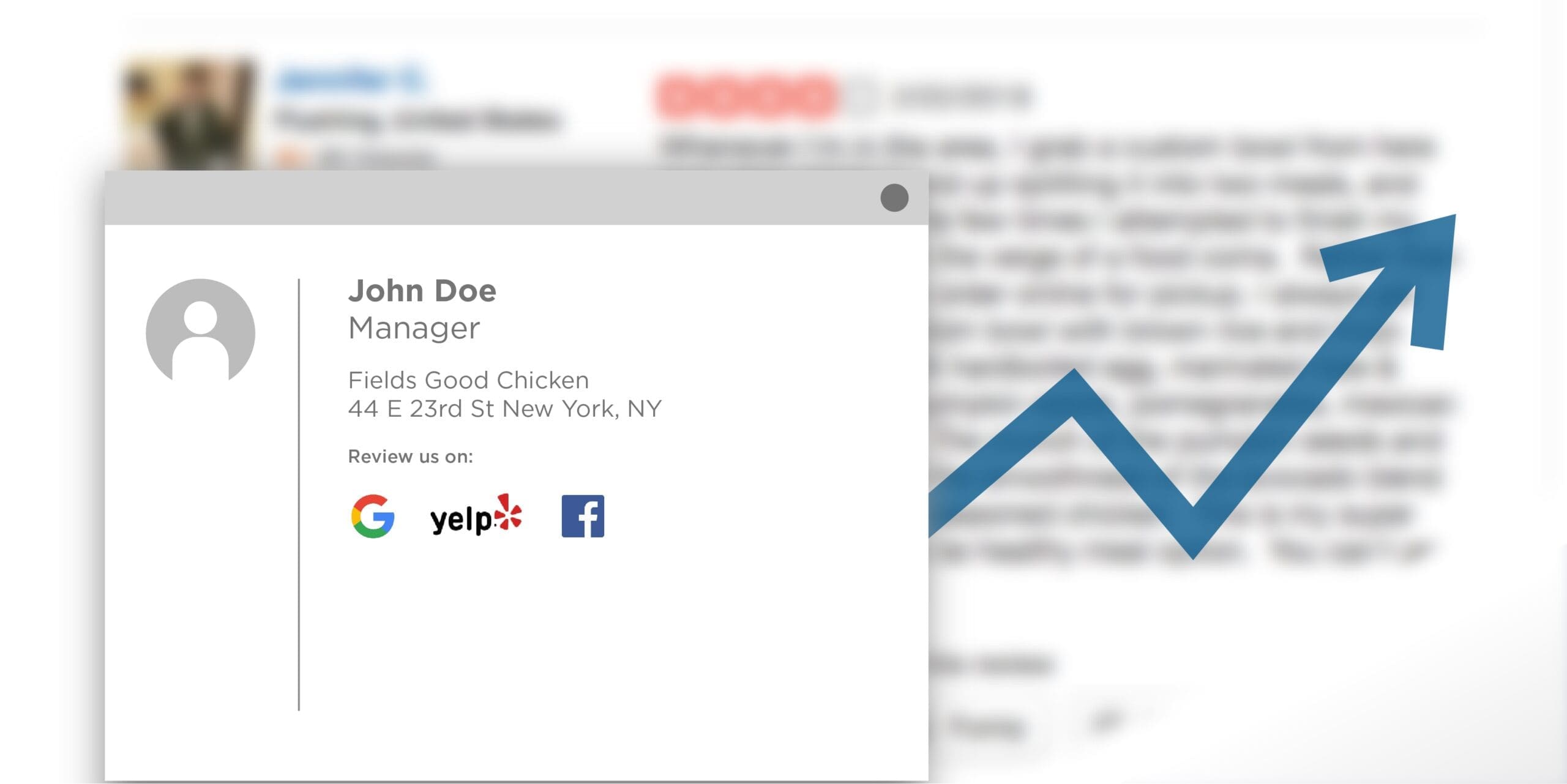
 Facebook-graph-search
Facebook-graph-search 
Background
Facebook Graph Search is one of the social network’s efforts to keep themselves relevant in a progressively sophisticated online world. People searching online increasingly expect to see relevant results from conversational queries and questions, a development that Facebook’s largest rival, Google, has responded to with a series of updates including Hummingbird, improved personalisation and accurate geographical search. Facebook Graph Search gives us access to the immense mine of user-generated content that has been provided by us (blissfully unaware) over the past 8 years. It allows us to search in a more conversational manner and uses our personal preferences (what we’ve liked) and those of our ‘friends’ to provide us with the most suitable results.
What’s Different?
Although Facebook Graph Search has been around for a good few months, the company made an announcement at the beginning of October telling us that the next phase was to be rolled out over the coming months. This will enable us to search for specific posts, comments and statuses among those by/from our friends, fans and those that are ‘public’.
How can we use this?
The main uses of this for marketing will be:
Tracking brand mentions, Tracking check-ins, Researching the use of products and services, Joining in conversations, Monitoring campaigns, events and projects, Maintaining relationships and dealing with complaints, Identifying content opportunities, Gaining new fans and building loyalty.Currently the update is slowly being rolled out and most UK users do not yet have access.  However, here is an example of how we can use Graph Search at the moment: (1) We can search for ‘Photos taken at Center Parcs.’
However, here is an example of how we can use Graph Search at the moment: (1) We can search for ‘Photos taken at Center Parcs.’  (As this feature is developed, we will be able to get more and more specific. For example, we could search for people who have stayed at individual hotels, visited a specific gym, holidayed in a particular city or taken part in a conference). (2) The results page shows us all the (public) photos taken at Center Parcs, whether we are connected to the uploader or not.
(As this feature is developed, we will be able to get more and more specific. For example, we could search for people who have stayed at individual hotels, visited a specific gym, holidayed in a particular city or taken part in a conference). (2) The results page shows us all the (public) photos taken at Center Parcs, whether we are connected to the uploader or not.  (3) We can then join in conversations, like photos, comment and share!
(3) We can then join in conversations, like photos, comment and share!
Moving Forward
We’ll keep an ear to the ground to see how this progresses. Exciting times! Having such manageable access to this well-organized collection of public data will change the face of social media campaigning forever. Never before have marketers had access to such a goldmine of personal information. The ability to track mentions and check-ins, along with Facebook’s impending promise to improve its hashtag tracking system (which is next to useless at the moment), could well bring Zuckerberg’s platform up to the level of Twitter’s live data monitoring. Keep your eye on this space.


